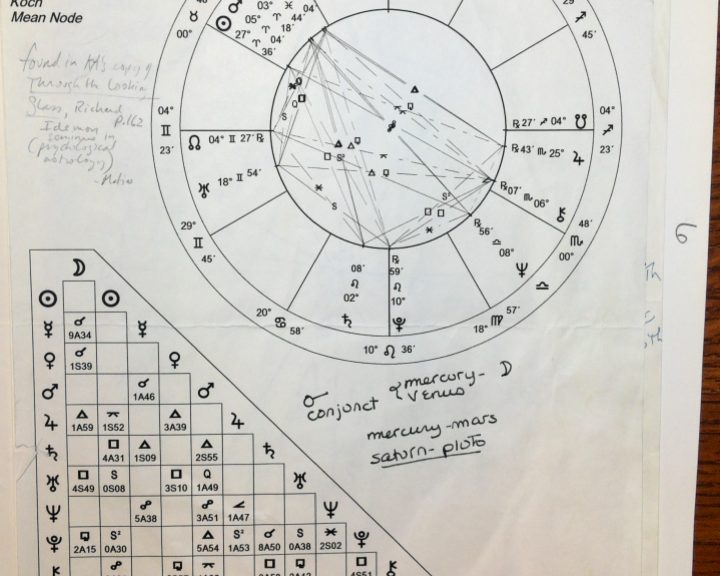Post contributed by Chiara Amoretti, PhD candidate, University of Bristol, UK

After the generous award of a Mary Lily Research Grant, I travelled to Duke University this winter to conduct research for my doctoral dissertation, a study on modern and contemporary women writers and the creation of a female divine. My project focuses on three authors, including Kathy Acker, so I was excited to have the opportunity to consult the Kathy Acker Papers housed here at the Rubenstein Library. The collection spans notebooks, drafts, typescripts, annotations, correspondence and much more. My research goal was to find any evidence that Acker engaged with religion and religious discourse or texts, but more importantly how she engaged with it. To better understand her published work’s fragmented use of such suggestions, I wanted to see how Acker had originally worked them into her texts.
In order to do this, I studied the many notebooks containing Acker’s drafts for her novels and other unpublished material. Her drafts amazed me not just for the evidence of relentless work and self-editing that she put her writing through, but especially for the many different uses of heterodox religious language that appear therein. I was particularly struck to find one of her notebooks containing a discussion of her cancer treatment, in an extended metaphor, as a Shamanic initiation rite. This seems to highlight the spiritual significance, for Acker, of her choice of alternative medicine, and a way to reclaim her lived experience in response to her diagnosis.
The archive also illuminated my understanding of Acker’s fascination with para-religious activities and discourses. Her interest in astrology, which her published work hints at, takes on deeper meaning after seeing the natal charts of herself, and other people in her life, that Acker consulted. This shows her attachment to diverse forms of spiritual meaning-making, especially towards the end of her life. My visit to the Acker Papers has been invaluable for my research, showing me many unexpected ways in which Acker devised her own spiritual narrative experimentation.


